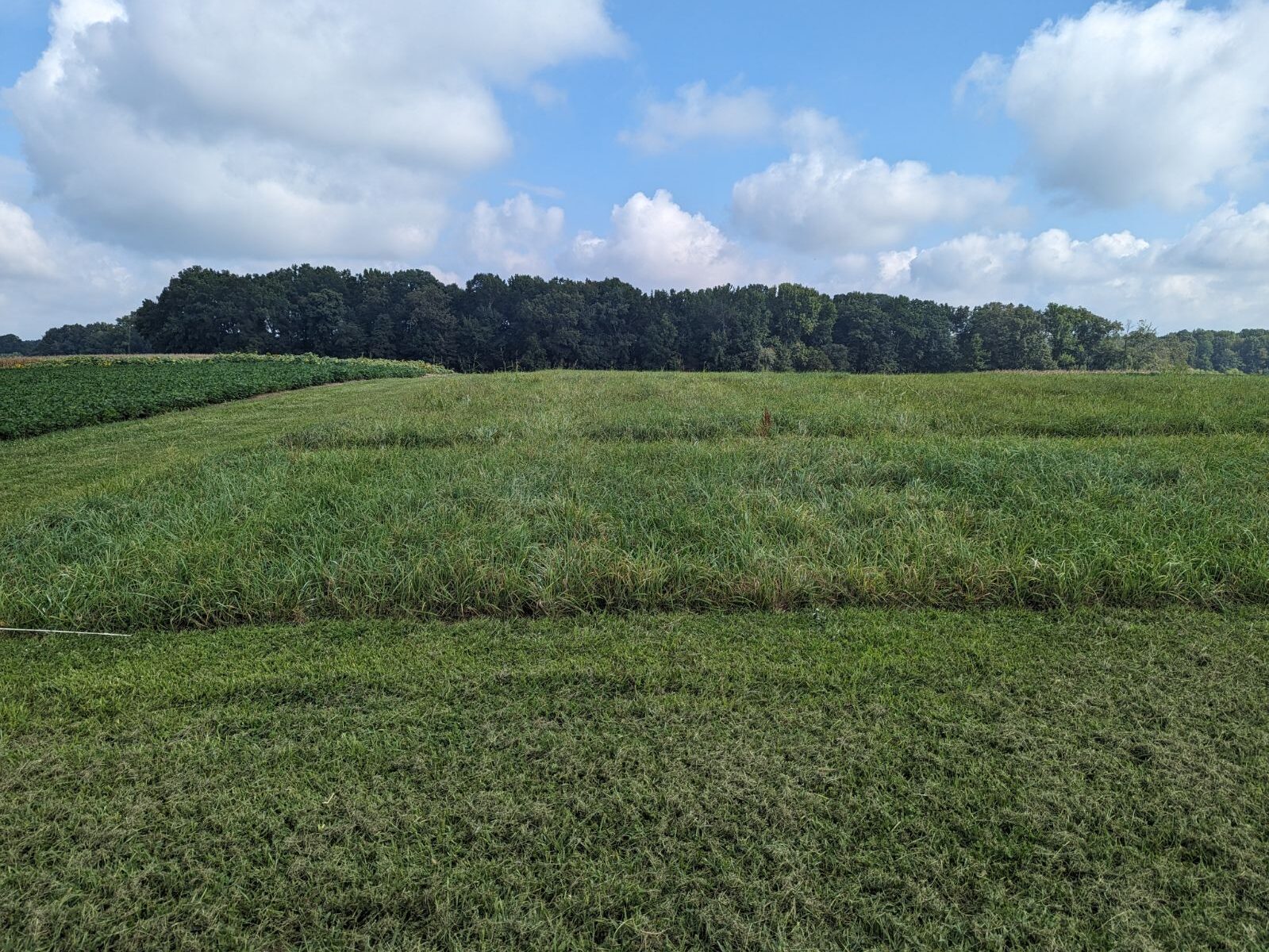

Dr. Bruno Pedreira
Associate Professor and Extension Forage Specialist
Department of Plant Sciences
Director, UT Beef & Forage Center
P: 865-974-3535
In this month’s article, I’d like to draw your attention to our latest extension publications, specifically the Tall Fescue, Orchardgrass, and Annual Ryegrass Variety Trial Reports. These reports provide valuable insights into the performance of these widely cultivated forage crops in Tennessee. You can access these publications on our UTBEEF.COM website by navigating to “Research Information” and selecting “Forage Variety Trials.” Alternatively, you can find them directly at this link: https://utbeef.tennessee.edu/forages-tennessee-variety-trials/. Stay informed about the latest developments in forage by exploring these variety trial reports.
At the Beef & Forage Center, one of our primary objectives is to “foster collaborative, interdisciplinary research to enhance Tennessee’s beef and forage systems.” Since 2008, we have been actively engaged in conducting variety trials, playing a crucial role in mitigating the risks associated with forage experimentation. Additionally, we collaborate with industry partners to assess experimental varieties, offering research-based feedback that contributes to the enhancement of forage breeding programs. Our commitment to ongoing evaluation and collaboration underscores our dedication to advancing the sustainability and success of beef and forage systems in Tennessee.
The Tall Fescue Report presents findings from the evaluation of 26 varieties, comprising 14 already released and 8 experimental varieties spanning the years 2021 to 2023. On average, 3.5 ton of dry matter (DM)/acre, varying from 2 to 6 ton DM/acre depending of the year. The crude protein (CP), acid detergent fiber (ADF), neutral detergent fiber (NDF), and total digestible nutrients (TDN) were, on average, 10.5%, 39.8%, 64.9%, and 56.9%.
In the Orchardgrass evaluation, 2022 presented challenges, with an average yield of approximately 1.6 tons of dry matter (DM) per acre. However, in 2023, yields ranged from 5.27 to 6.64 ton DM/acre. In this variety trial, 18 varieties were analyzed, 16 already released and 2 experimental varieties. The nutritive value was greater than for Tall Fescue, with CP, ADF, NDF, TDN averaging 14.5%, 35.9%, 56.9%, and 61.0%.
The Annual Ryegrass Variety Trial, conducted exclusively in 2023 with three harvests in March, May, and June, provided an assessment of 38 varieties, comprising 26 already released and 12 experimental varieties. Across the trial, the average yield ranged from 4.54 to 5.90 tons of dry matter (DM) per acre, with CP, ADF, NDF, and TDN were, on average, 10.5%, 39.8%, 64.9%, and 56.9%.
In summary, these variety trial reports offer insights into Tennessee’s forage production, embodying our commitment at the Beef & Forage Center to drive innovation in the state’s forage-based systems. Delve into the specifics of Tall Fescue, Orchardgrass, and Annual Ryegrass to gain valuable knowledge for informed decision-making. We trust that this information will contribute to enhancing variety diversity, besides yield and quality of forage in Tennessee’s livestock systems.